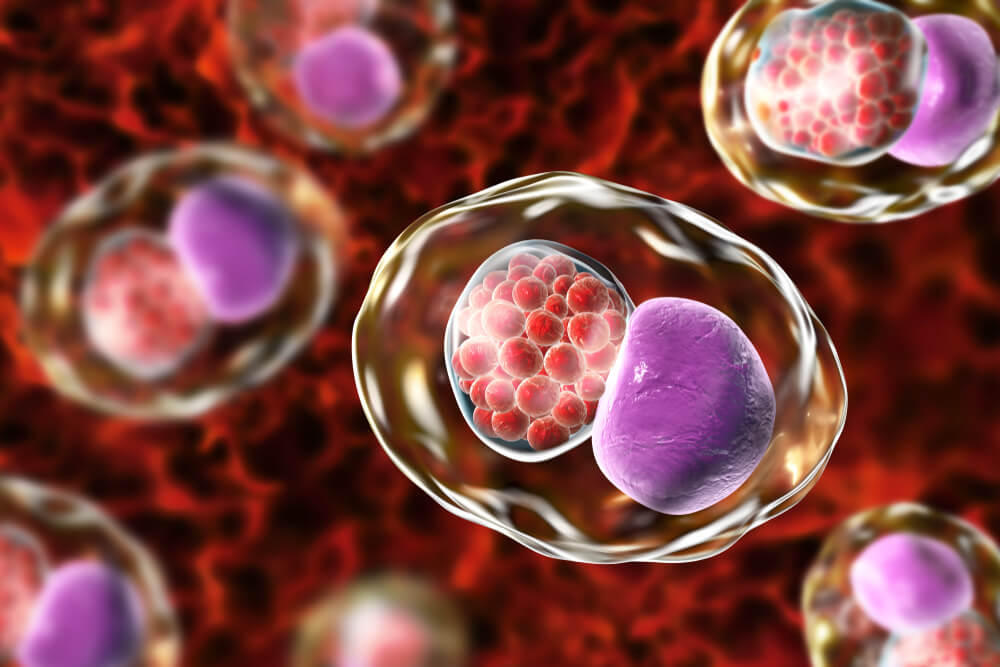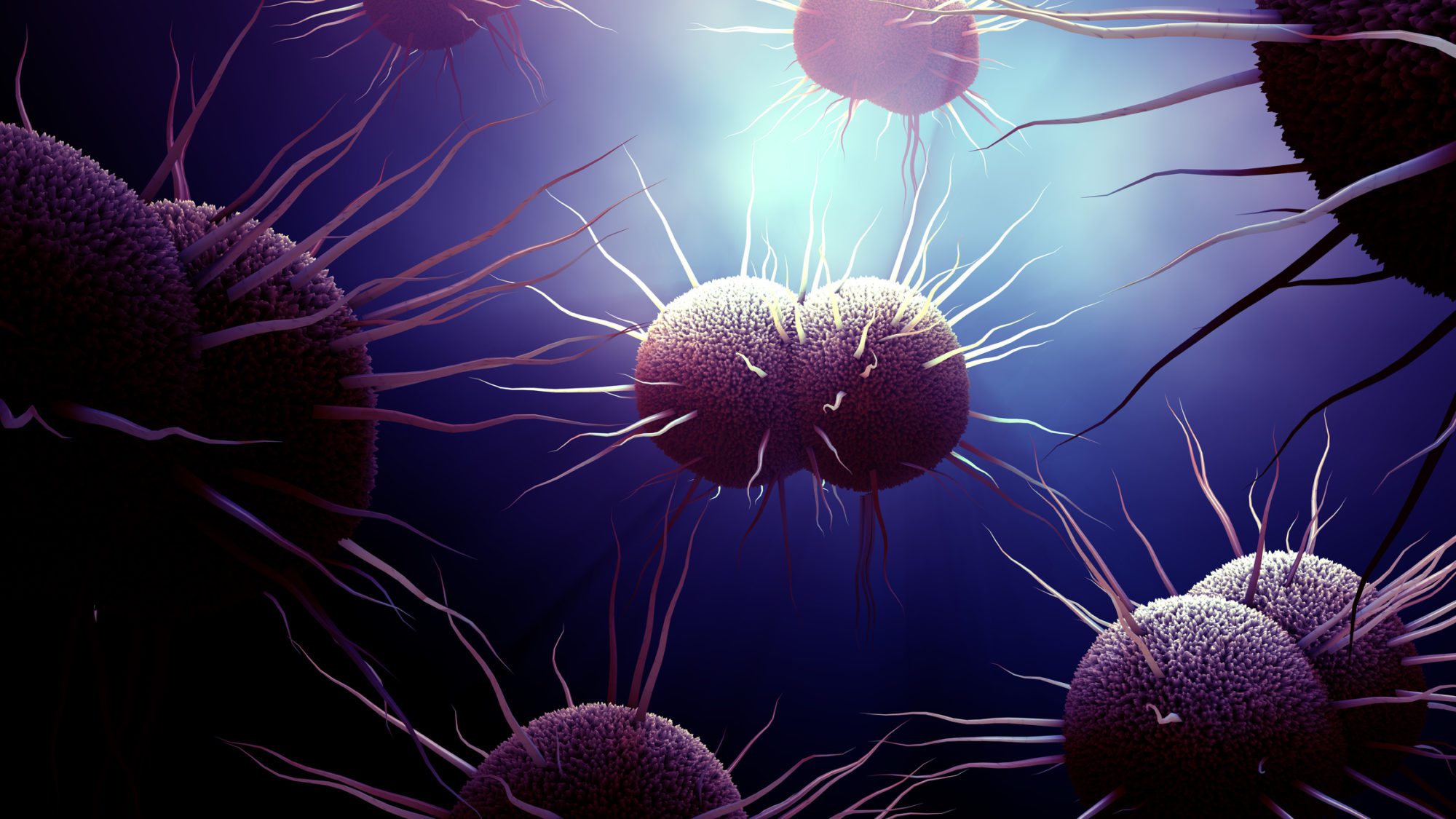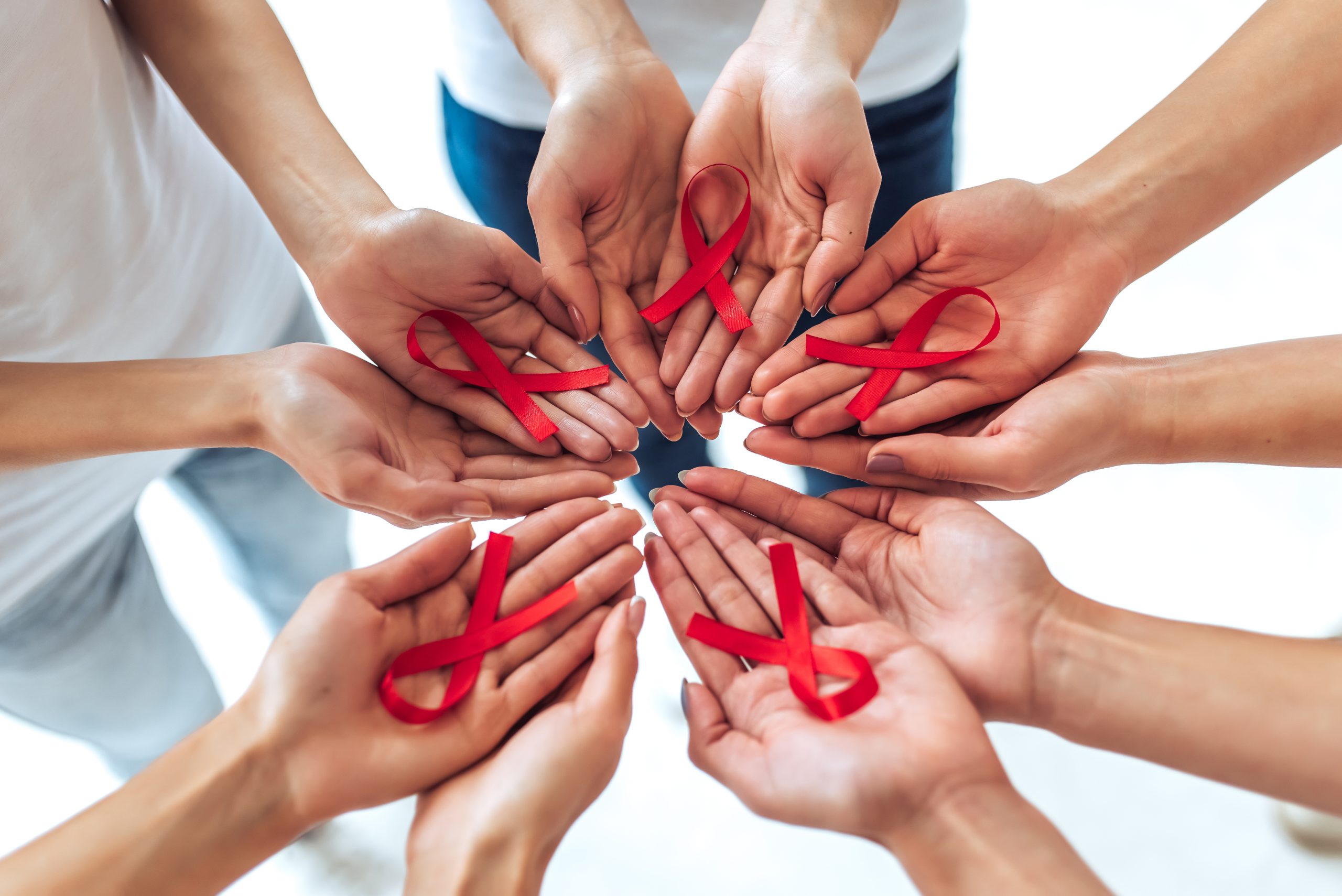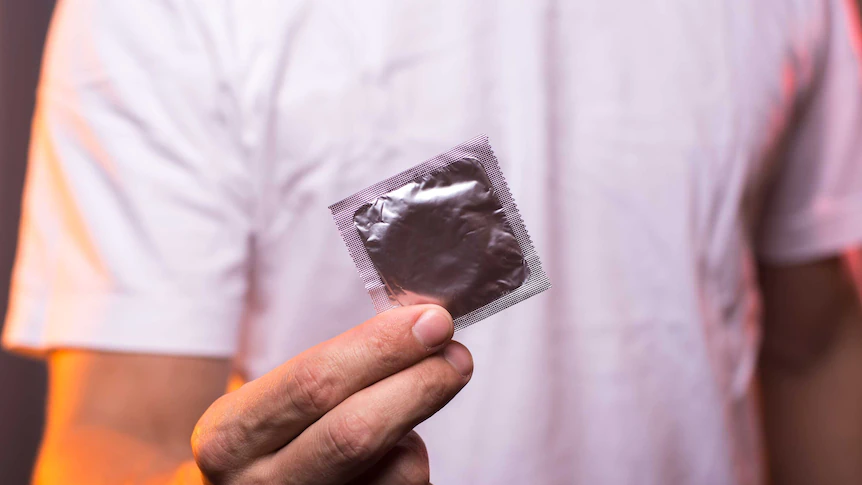Common Sexually Transmitted Diseases

More than 25 different viruses, bacteria, and parasites are known to be transmitted from sexual contact. Sexually transmitted infections are passed through sexual contact from one person to another.
Considering many sexual infections, it is better to practice safer sexual contact to lower your risk of contracting any STIs. Some STIs are even spread through only skin-to-skin contact. A regular STI test is one of the best options to reduce your chances of getting any sexual infection.
Knowing different sexually transmitted infections can help you address the disease before it leads to long-term damage. Here is everything you should know about the common types of STIs;
Chlamydia
Chlamydia is a bacterial STI common in females. However, it affects both women and men. If a woman has chlamydia and doesn’t get treated for it, it can be passed down to her babies. Luckily, chlamydia is a bacterial infection, meaning it can be recovered within a short time.

Symptoms of Chlamydia
Remember that it is tough to diagnose chlamydia. We recommend going for an STI test if you are experiencing any discomfort or the symptoms listed below;
- Burning sensation or painful urination
- Constant abdominal pain
- Pain or inflammation during sexual intercourse
- Vaginal discharge
- Sudden weight loss
- Irregular periods
- Itching and redness of the testicles in male
- Penis discharge
If chlamydia isn’t diagnosed within the first three weeks, it can cause severe complications and infertility in women. Moreover, if a pregnant woman has contracted chlamydia, it can result in ectopic pregnancy.
Gonorrhea
Gonorrhea is another common sexually transmitted infection caused by the bacteria called “Neisseria Gonorrhoeae Bacterium.” This sexually transmitted infection is highly contagious and thrives in moist and warm areas of the human body, like the eyes, vagina, rectum, penis, and mouth.
Gonorrhea infects the mucous lining of the reproductive tract. It also severely affects women’s uterus, cervix, and fallopian tubes. On the other hand, it infects the urethra in men.

Symptoms of Gonorrhea
- Yellow, green, or bloody vaginal discharge
- Pain or burning sensation during urination
- Heavy bleeding during the menstrual cycle
- Sore throat
- Thick light brown or yellow discharge from the penis
- Sore penis tip
- Night sweats
HIV/AIDS
The deadliest virus of sexually transmitted disease is HIV (human immunodeficiency virus.) HIV causes AIDS (acquired immunodeficiency syndrome), which weakens your immune system. As a result, it gets really easy for you to get sick from other bacteria, infections, or viruses.

Symptoms of HIV
There are no prominent symptoms of HIV in the first week. But as time passes, you may experience HIV symptoms like;
- High fever
- Severe headache
- Body fatigue
- Sore throat
- Rashes
- Swollen lymph glands
- Diarrhea
Remember that HIV is only spread from one person to another through infected body fluids, including semen, vaginal fluid, or blood.
How to Prevent STIs?

Guilt, regret, and shame are common emotions when diagnosed with any STI. If you are experiencing any of these symptoms, reach out to your physician and get an STI test.
Luckily, there are several things you can consider to lower your chances of getting sexually transmitted infections, including;
- Have protected sex
- Avoid sexual contact with people having a history of multiple partners
- Limit your number of sex partners
- Wash your genitals with lukewarm water and soap after sexual intercourse.
Final Words
The best way to guard against STIs is to learn about them and their causes. Being aware of STIs can help you identify them at an early stage. As a result, it allows you to get the infection under control.




